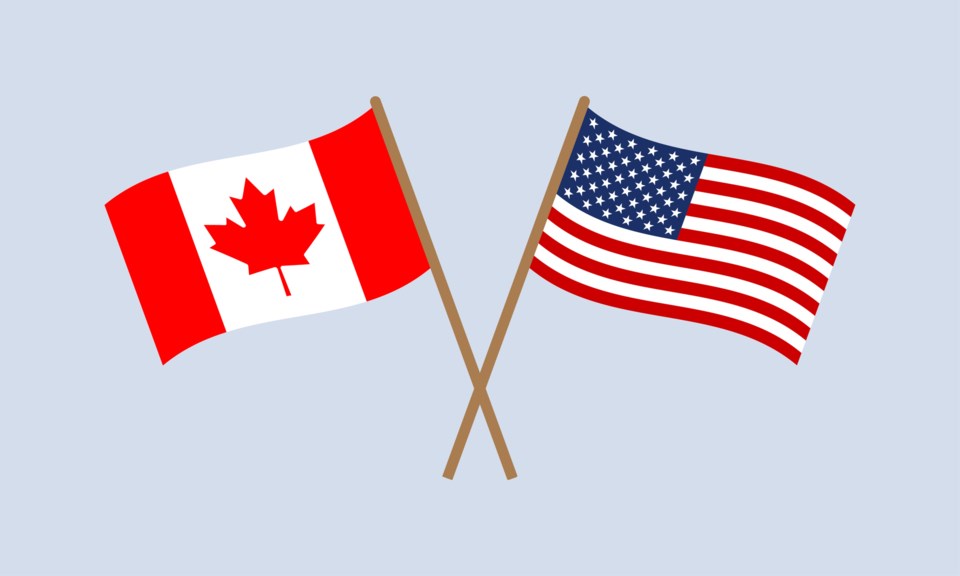Woe is me! As a U.S. citizen, it is time again to think about electing a president. It happens every four years, in a leap year, on the first Tuesday of November. So, we all know it’s going to happen, like death and taxes. While it lacks the mystery and intrigue of Canadian federal elections, it does not lack publicity and global attention.
Yet it is not simple to vote when you live abroad. First, the fact that I live outside the borders of the U.S. is already a hindrance. I have to know where to vote. Like Canada, the U.S. has a federal political system, so my vote is restricted to the state and county in which I resided before moving to Canada. In my case that is Orleans Parish, Louisiana. So, all my votes in any election, from president to local city assessor, are processed through the Orleans Parish elections office.
��As it turns out, in 2020, even though I have been registered to vote in Orleans Parish since 1990, including for 15 years as a resident of Canada, I was told that I still have to apply to receive an absentee ballot. To make matters worse, I must mail in my application — apparently, only citizens with Louisiana drivers licenses can apply online. The fact that the Secretary of State of Louisiana (the chief election official in the state) is Republican makes me wonder if he wishes to make registration difficult for voters in traditionally Democratic cities such as New Orleans.
Second, once I get my ballot, there are so many different elections to vote in that it would seem dizzying to even the most patient Canadian. By my count, in addition to electing a president, there will be 11 other elections to vote for on the same ballot. Furthermore, I will need to decide on seven state amendments and one local ballot initiative. How I will long for the simplicity of Canadian federal elections, where I simply need to choose one local member of Parliament candidate to vote for.
Third, even when I vote for president, I won’t be voting for who I really think I’m voting for. Because Americans employ an Electoral College in presidential elections, I’m not actually voting for the candidate himself. Rather I’m voting for electors who will meet a few months later to ratify the state’s vote to one party or another. And it’s winner-take-all in 48 states, including Louisiana. So, no matter what the final tally is in Louisiana, the winner of the state gets all eight electoral college votes. In my former state, look for Trump to win all these.
Finally, we Americans get so obsessed with voting for president we sometimes forget how important it is that we vote for some senators and all our congresspeople at the same time. The party that controls the House and Senate can make the life of the president wonderful or miserable — it’s part of the system of checks and balances.
So, I have a lot on my mind as I try to get to the polls. I can’t wait for the next Canadian federal election in October 2023 — it should be a breeze.
��
Eric Gorham is a founding faculty member at Quest University and teaches a variety of social science courses including Democracy and Justice, Political Economy, and concentration courses in politics.




